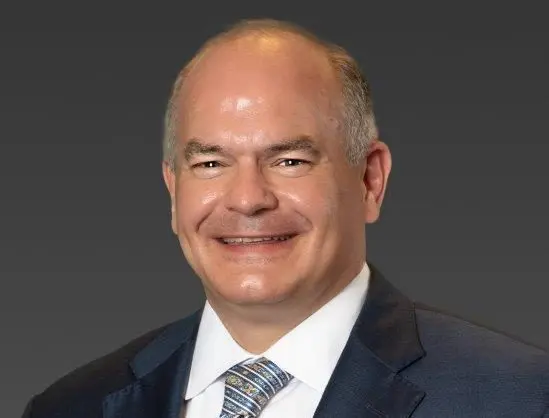Holding a family meeting to share your intentions is a critical step too often skipped. Here are some tips from Bank of America for getting the conversation started.
When you set up an estate plan, signing the paperwork is the easy part. What comes before that — making often-difficult decisions about who gets what when and sharing your plans with your family — can be an emotional minefield. After all, you are talking about your mortality. No wonder many people keep their plans under wraps.
But the price of silence can be steep: Not sharing your estate plans can create family quarrels later or make it harder for your heirs to manage their inheritance. Hosting a family meeting to communicate your plans is crucial to successful wealth planning.
Your financial advisor and estate attorney or tax professional can help you think through how to structure your estate. Then your advisor can attend your family meeting — having an objective advisor present to lead the conversation and answer questions can help family members talk freely about their feelings.
These four tips can help you have a productive conversation:
Come prepared. Before you involve family members in an estate planning discussion, you and your spouse, if you are married, need to agree on what you hope to leave to your kids and other family members and what you would like those assets to help them achieve.
Gather information about your account balances and other assets — your advisor can help. Having those numbers in mind can help your family members understand how an inheritance might affect their own financial plans. Think, too, about whether you want to pass on your legacy while you are still living or after you are gone.
Finally, sharing an agenda in advance will allow family members to prepare for a thoughtful and open conversation and not get caught off guard.
Share the ground rules. For a matter as important and potentially fraught as your estate plan, it can be a good idea to set up a series of discussions. They do not have to take place face to face. Virtual meetings can be easier to schedule, and the physical distance can help remove some of the emotion.
Make clear that you want people to be candid but respectful. The idea is to forge consensus. Instead of talking about numbers for the first meeting or two, start by sharing your thoughts about what the assets you have accumulated have meant to you. Then you can talk about the impact you hope your money can have on the next generation.
Set a positive tone. Emphasize a “we are all in this together” approach. Estate planning is a collective responsibility requiring a collective solution. To encourage feedback, offer discussion points as questions, such as “Do you feel the estate plan gives you the help you may need?”
Explain that your heirs will be better able to manage their financial plans based on realistic expectations and point out that everyone in the family might feel more at ease knowing where to find your estate planning paperwork and which advisors or estate attorneys they should turn to in the event of your passing.
Leave with an action plan. As you work together to create an estate plan, your advisor can help with practical strategies for many complex situations. These may involve financial documents such as wills, trusts and life insurance policies. Say you are considering passing on part of your estate while you are alive but wonder whether your children are prepared to handle it. Your advisor can help you implement a “test drive” approach in which you periodically give financial gifts through a trust.
Then there is the question of estate taxes. During your family meeting, your advisor can help make sure everyone understands the implications of their inheritances and can work with your estate attorney or tax professional to see whether there might be ways to lessen their potential tax burden.
Even after all the paperwork is done, think of this as an ongoing conversation. As your family’s needs change — through divorce, marriage or a new grandchild, for instance — you will want to revisit your plan. And each time you do, it should come closer to capturing your vision for empowering the next generation.
For more information, contact Merrill Lynch Wealth Management Financial Advisor Jeffery D. Price of Price & Associates at jeffery_price@ml.com or (817) 410-4940.
(Sponsored content)

















